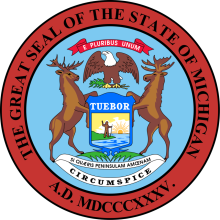Michigan Moves to Limit Federal Funds for Municipal Broadband
With an unprecedented amount of federal funds to build broadband networks flowing into individual states, lawmakers in some states are doing the bidding of the big monopoly Internet Service Providers and potentially blowing a once-in-a-generation chance to invest in the locally-accountable infrastructure that offers the best chance to bridge the broadband gap for millions of families once and for all.
Two weeks ago we wrote about the anti-competition broadband legislation making its way through the State Legislatures in Illinois and New York as state lawmakers across the nation establish high-speed Internet grant programs.
That trend looks like it’s continuing in Michigan where Democratic Gov. Gretchen Whitmer and the state’s GOP-dominated Legislature recently reached a deal to pass a nearly $5 billion spending bill.
While the “Building Michigan Together Plan” is being “celebrated” by the governor’s office as a way to “grow the economy, create jobs, and benefit families in every region of the state,” the main supplemental spending bill, known as Senate Bill 565 (SB 565), may sink some hope community broadband advocates have for leveraging the windfall of federal funds the Great Lakes State is getting from the American Rescue Plan Act (ARPA) and the forthcoming funds in the Infrastructure Investment & Jobs Act (IIJA).
Protecting Incumbents from Competition



